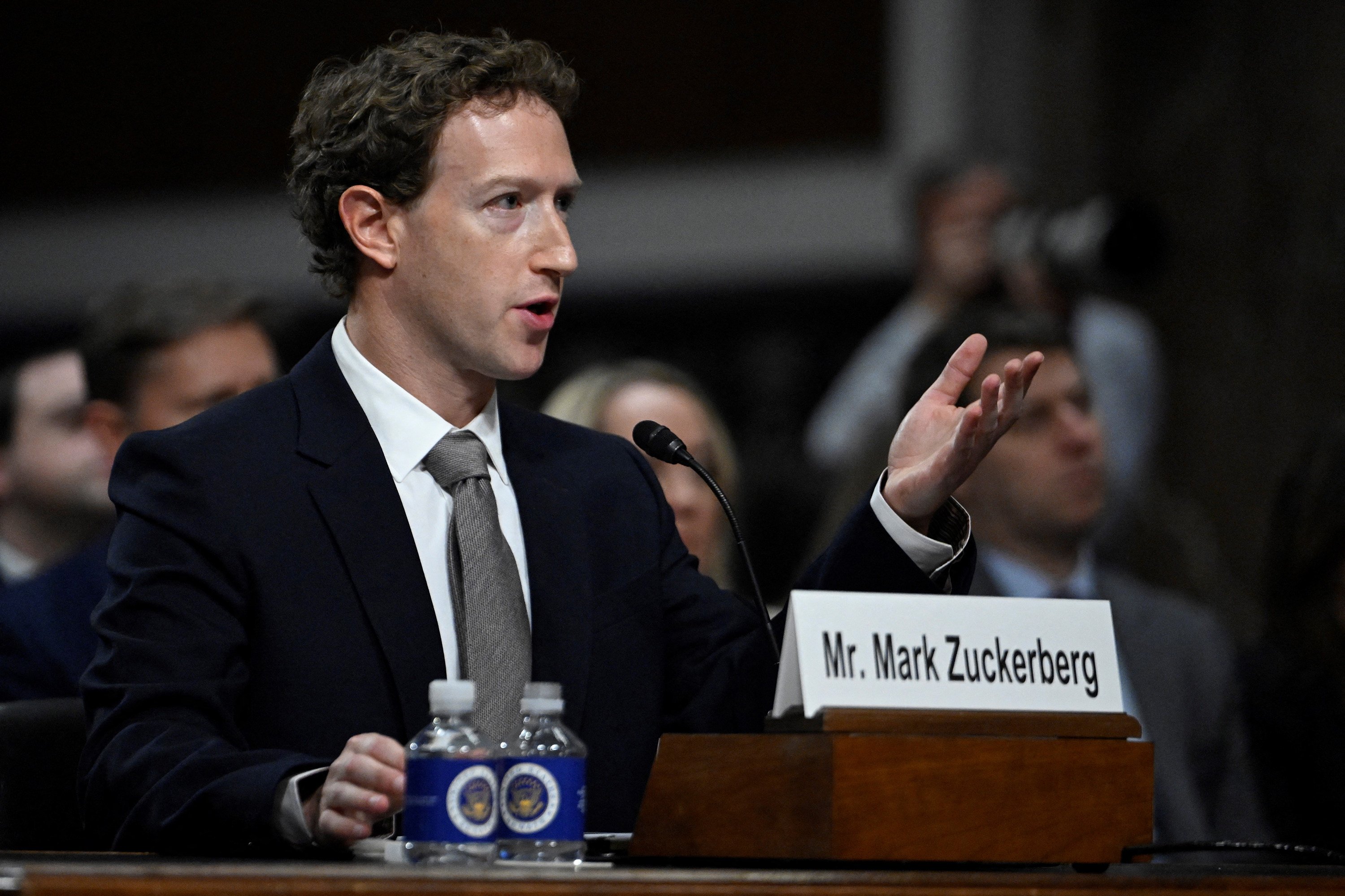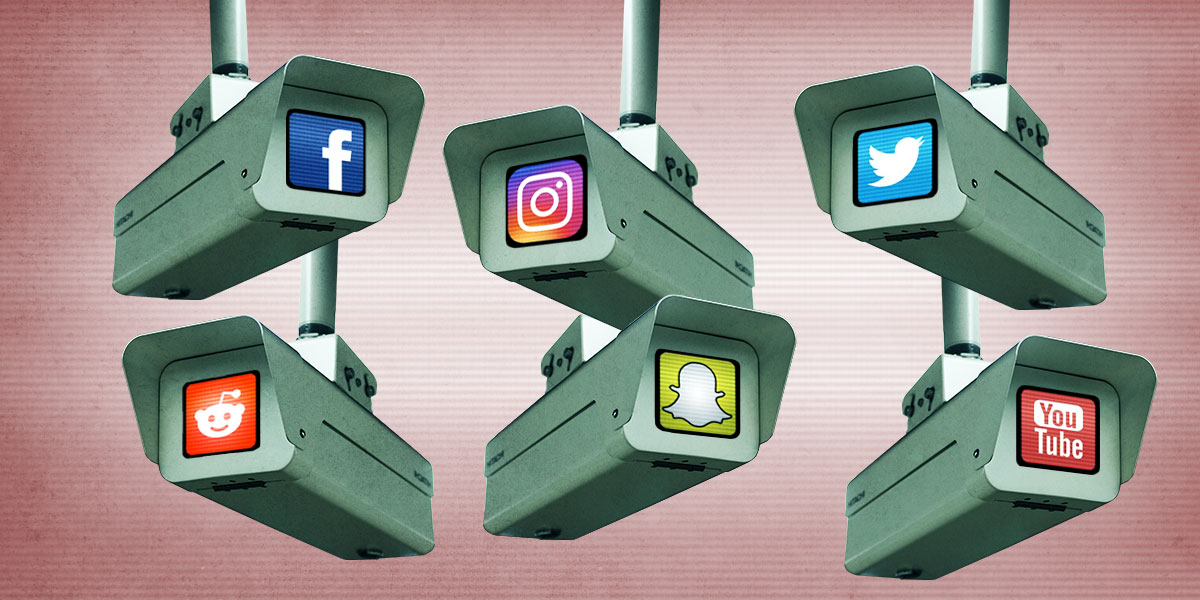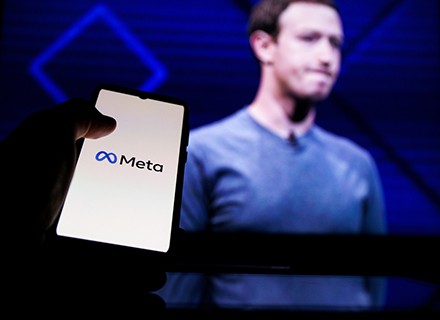In a significant legal ruling, a federal judge determined that Mark Zuckerberg, the CEO of Meta Platforms, is not personally liable in 25 lawsuits accusing his company of exposing children to the harmful effects of social media. The lawsuits, filed by various plaintiffs across the United States, alleged that Meta’s popular platforms—Facebook and Instagram—played a major role in contributing to mental health issues, including anxiety, depression, insomnia, and academic disruptions among children. This decision marks an important moment in the ongoing legal battles that Meta faces regarding its impact on young users and the broader issue of social media addiction.
Here's ads banner inside a post

The Lawsuits Against Meta
The lawsuits in question were filed by a coalition of U.S. state attorneys general, who collectively sought to hold Meta accountable for the growing body of research that links excessive social media use to various mental health concerns among children. The plaintiffs argued that Meta’s platforms were not only addictive but also exposed young users to harmful content, which contributed to mental health issues. They claimed that Meta actively worked to conceal the serious risks associated with prolonged use of its platforms, particularly for vulnerable children and teenagers.

Here's ads banner inside a post
The legal action was filed across numerous states, with many accusing Meta of failing to protect children from addictive behaviors and the negative effects that come with excessive social media engagement. The plaintiffs argued that Facebook and Instagram’s design and algorithms were created in a way that encouraged users, especially minors, to stay engaged for long periods of time, often to the detriment of their mental and emotional well-being.
The case brought attention to various aspects of social media’s influence on youth, such as the constant pursuit of validation through likes and comments, cyberbullying, and exposure to unrealistic beauty standards and harmful content. Some of the lawsuits even pointed to a specific time frame when Meta allegedly pushed its younger users toward more addictive usage patterns, increasing the time spent on the platforms without adequate warnings about the risks.
The Judge’s Decision
However, on Thursday, U.S. District Judge Yvonne Gonzalez Rogers, presiding over the case in Oakland, California, delivered a ruling that sided with Zuckerberg and Meta. In her decision, Judge Rogers rejected the argument that Zuckerberg should be personally liable for the harm caused by social media addiction among children.
Here's ads banner inside a post

The judge ruled that there was insufficient evidence to prove that Zuckerberg had personally directed the company’s alleged efforts to conceal the risks of social media from young users. While the lawsuits accused Meta of prioritizing profit over user safety, Judge Rogers maintained that there was no direct link between Zuckerberg’s actions and the alleged harm caused to children by the company’s platforms.

The decision is significant for Meta, as it clears Zuckerberg from any personal responsibility in the case. While the lawsuits will continue, with the focus now on Meta itself, this ruling prevents the personal liability of Zuckerberg, who has been a key figure in the development and global expansion of the company.
The Broader Legal Context
This case is part of a larger, ongoing legal battle against social media companies, especially Meta, regarding the impact of their platforms on minors. Over the past few years, social media addiction and its potential effects on children’s mental health have become a focal point for regulators and lawmakers worldwide.
Meta, along with other social media giants like TikTok, Twitter, and Snapchat, has faced mounting scrutiny over its role in shaping the behaviors and perceptions of young users. Studies have linked excessive social media use to a range of mental health issues, including depression, anxiety, and feelings of loneliness. Experts have also pointed out that young people, due to their developing brains, are particularly vulnerable to the addictive nature of social media platforms, which are designed to keep users engaged for as long as possible.
In addition to these concerns, there has been increasing pressure on social media companies to take greater responsibility for the content shared on their platforms, especially when it comes to vulnerable groups such as minors. Advocates for children’s safety on the internet have called for stricter regulations that would force these companies to provide more transparency and accountability in how they design their platforms, moderate content, and protect users.
Several U.S. states have proposed or enacted legislation aimed at curbing the negative impacts of social media on children. These laws focus on issues like protecting privacy, preventing addiction, and ensuring that social media companies are more accountable for the content children are exposed to. In 2023, California passed the Social Media Privacy Protection Act, which imposed stricter regulations on how social media companies collect and use data from minors. Other states have followed suit with similar legislation, pushing the tech industry to rethink its approach to youth engagement.

Zuckerberg’s Role in Meta’s Social Media Strategy
As the CEO and co-founder of Meta, Zuckerberg has played an instrumental role in the development of Facebook and Instagram, platforms that are now some of the most widely used in the world. Facebook, which was launched in 2004, quickly became the go-to platform for connecting with friends and family, but over the years, it has evolved into something much larger—an advertising powerhouse, a news platform, and a hub for various communities. Instagram, acquired by Meta in 2012, further expanded the company’s reach, particularly among younger users, thanks to its focus on photo-sharing and lifestyle content.

Zuckerberg has often defended Meta’s platforms, stating that they have a positive impact on society by connecting people and providing a space for free expression. He has also acknowledged the challenges posed by mental health concerns but emphasized the company’s efforts to implement safeguards and provide users with more control over their experiences. Meta has rolled out features like time limits, content filters, and wellness alerts in an effort to address these concerns. However, many critics argue that these measures are insufficient and that the company’s underlying business model—driven by engagement and profit—ultimately works against the well-being of its users, especially children.
Despite these defenses, the lawsuits against Zuckerberg and Meta continue to pile up, and the company has become a target for growing concern about the role of social media in modern life. As regulators, lawmakers, and mental health professionals continue to push for stronger protections, the legal and social implications for Meta and its leadership remain significant.
:max_bytes(150000):strip_icc()/GettyImages-2173579370-47a0c1117cf44b5ea92c5faafd422275.jpg)
What Comes Next for Meta and Social Media Regulation?
While Zuckerberg may have escaped personal liability in this specific case, the legal battle over Meta’s responsibility for social media harm is far from over. The broader issue of social media’s impact on children remains a major point of contention, and future lawsuits may seek to hold the company accountable in new ways.

For Meta, the ruling serves as a reminder of the mounting pressures it faces from both the legal and regulatory worlds. As public awareness of the risks of social media continues to grow, the company may find itself increasingly under scrutiny for its role in shaping young people’s lives. Whether this will lead to more stringent regulations or changes in the company’s business model remains to be seen.
Ultimately, the future of social media regulation will likely involve a delicate balance between protecting users from harm and ensuring that platforms like Meta can continue to operate in a highly competitive, profit-driven environment. The challenges are significant, but they also present an opportunity for a more thoughtful, responsible approach to how tech companies engage with their most vulnerable users.
The Ripple Effect of Meta’s Legal Battles
The legal case against Meta and Zuckerberg represents a broader conversation about the ethical responsibilities of tech giants in the digital age. As more lawsuits surface and social media continues to evolve, the decisions made in these cases will have lasting implications for both the future of social media and the protection of children in an increasingly interconnected world. While Zuckerberg may not be personally liable in this case, the questions raised by these lawsuits are unlikely to go away anytime soon.



